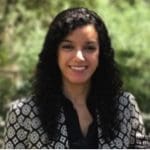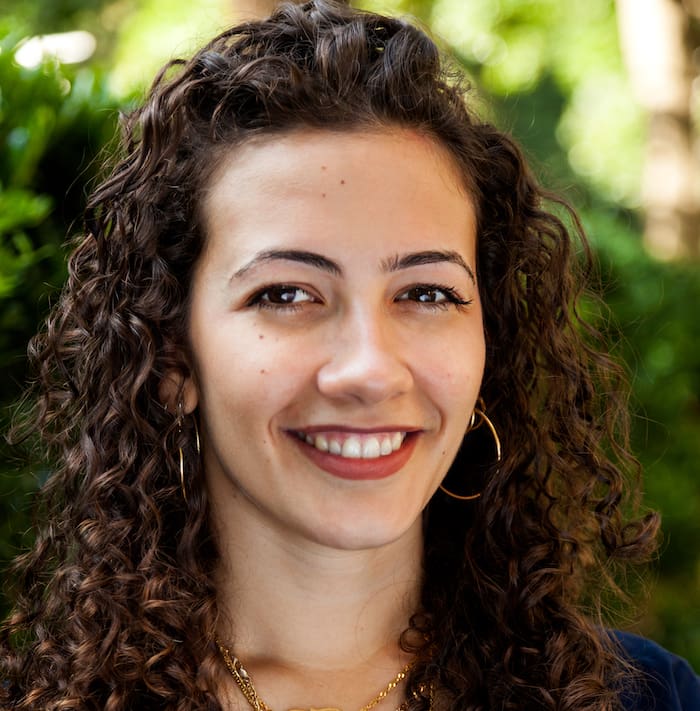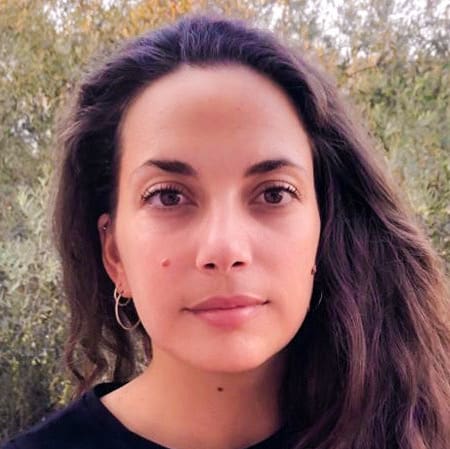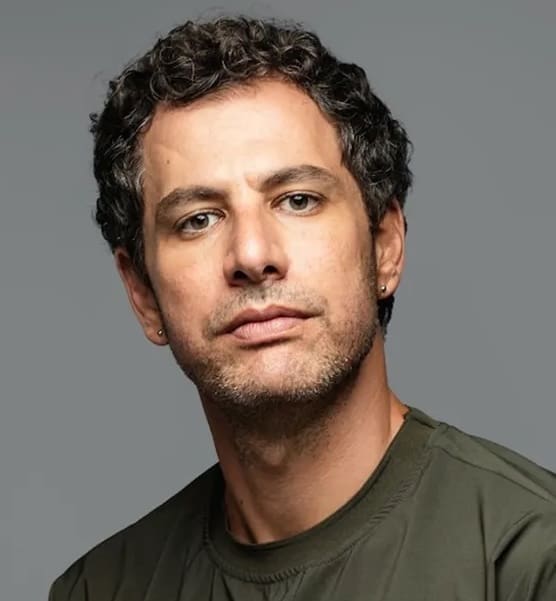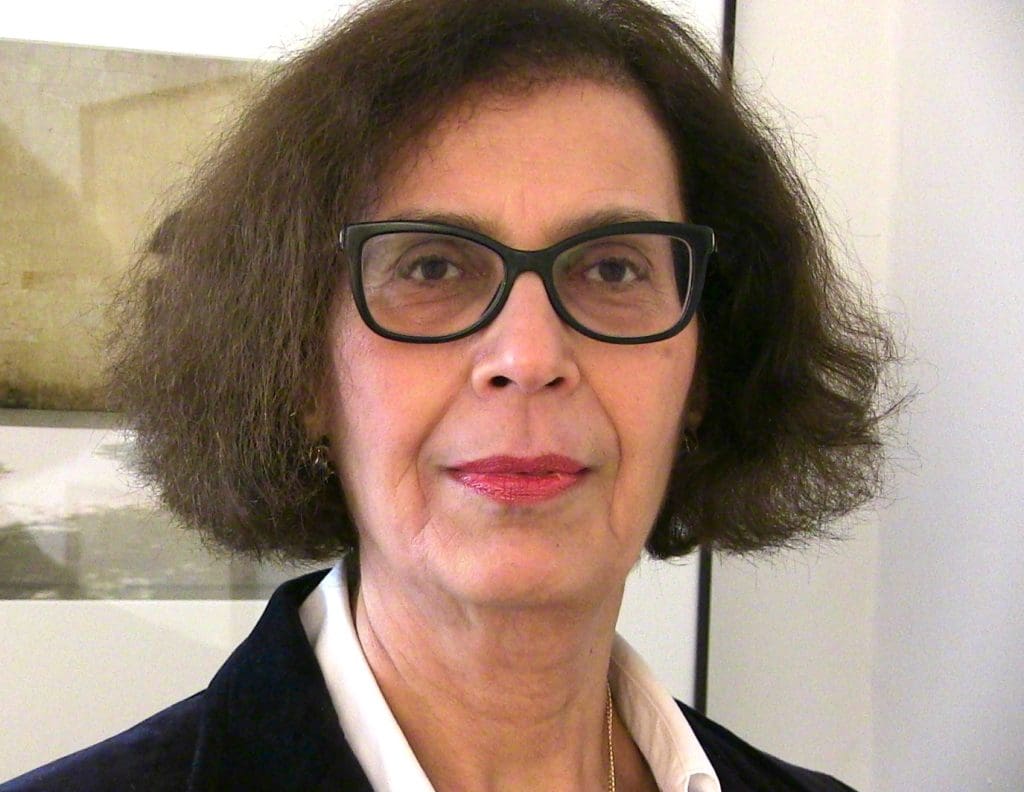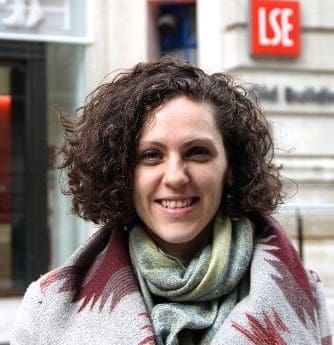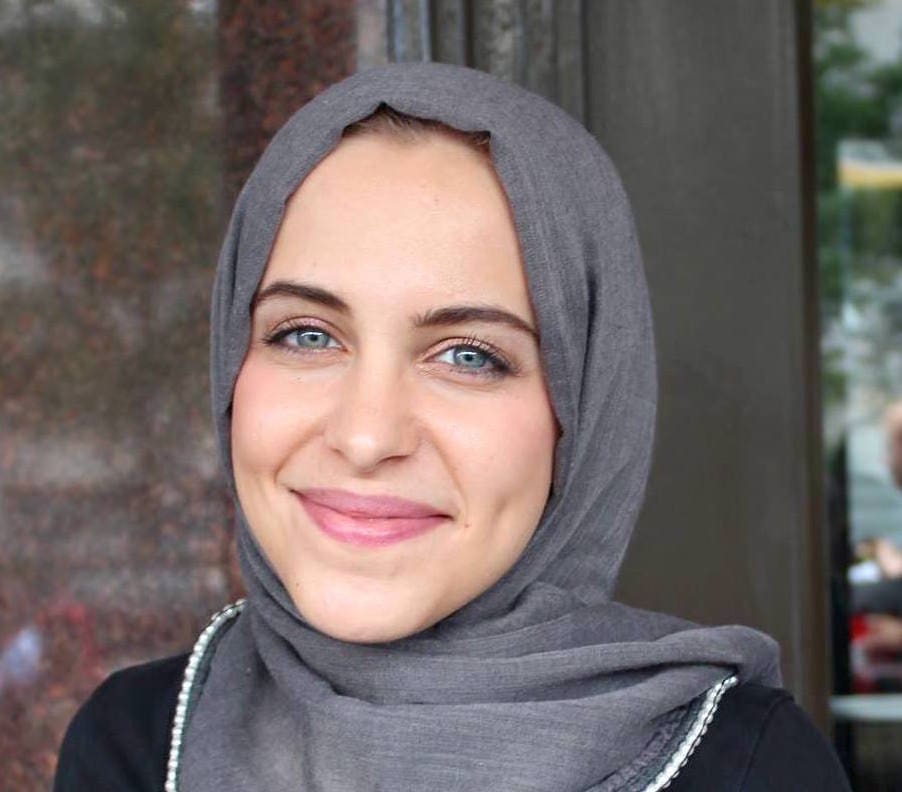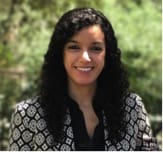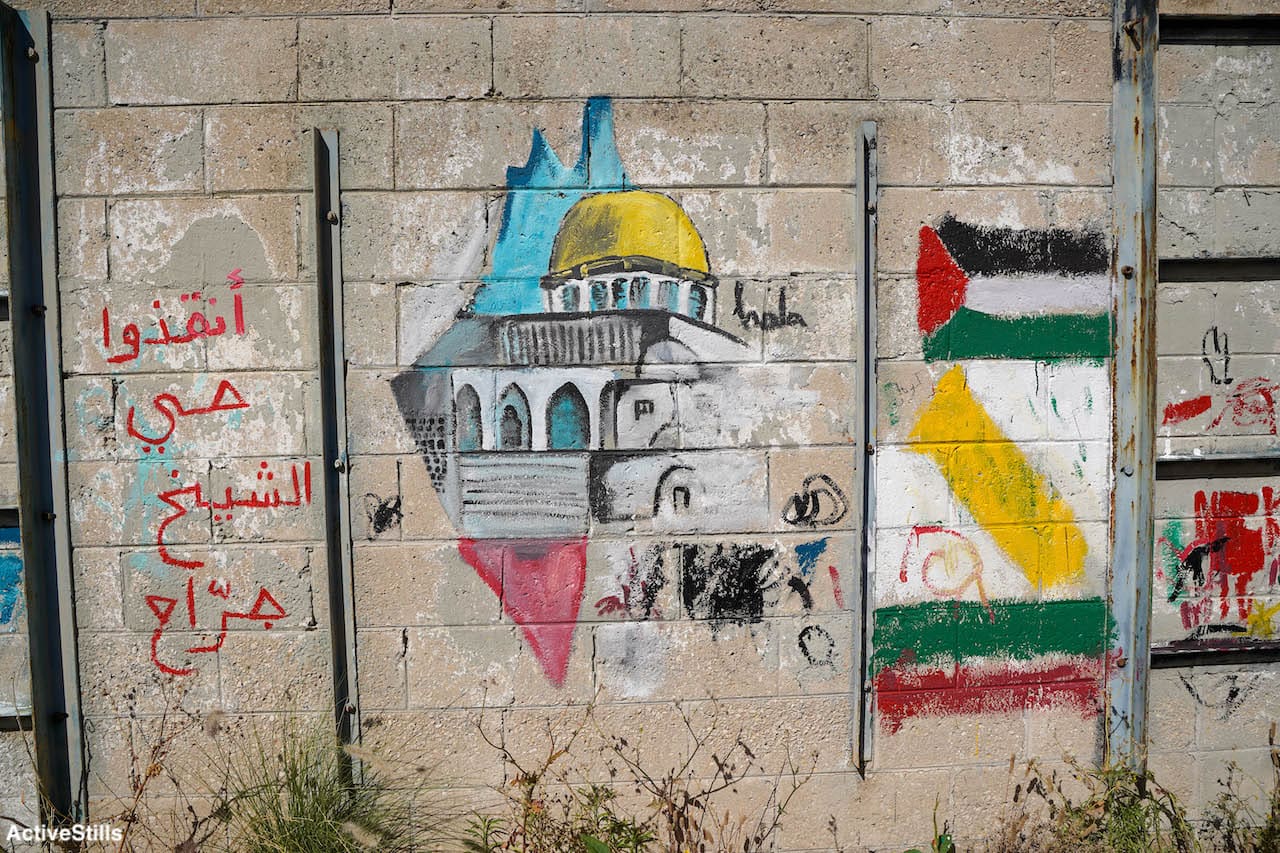
Jerusalem continues to lie at the center of political developments in Israel’s ethnic cleansing of Palestinians, and in the shifting landscape of US and EU foreign policy toward Palestine and the Israeli regime. Indeed, the Trump administration’s 2017 decision to recognize Jerusalem as the capital of Israel, and to move the US embassy from Tel Aviv to Jerusalem thereafter, has had devastating implications for Palestinian claims to the city. Meanwhile, from forced expulsions in Sheikh Jarrah and Silwan to attacks on worshipers in the al-Aqsa compound and in the vicinity of the Holy Sepulchre, the Israeli regime continues to ramp up its efforts to de-Palestinianize Jerusalem.
In light of this persistent campaign of erasure, and in light of Palestinian Jerusalemites’ persistent resistance to it, Al-Shabaka revisits the topic of Jerusalem, building on our 2017 Focus On, with a new selection of publications from our analysts.
Repercussions from the Trump Era
After Trump’s Jerusalem H-Bomb: Weighing Options for Palestinians,
Nadia Hijab
Which possibilities remain for Palestinians against the backdrop of US recognition of Jerusalem as the capital of Israel? In this commentary, Nadia Hijab outlines opportunities for Palestinian leadership and civil society across the globe. Read more…
Trump, Jerusalem, and the Future of Palestine
Dana El Kurd, Munir Nuseibah, Victor Kattan, Tareq Baconi
In this roundtable, Al-Shabaka analysts examine the US’s affirmation of Israel’s apartheid regime, the role of the Palestinian Authority, and ways to safeguard Palestinian rights in the face of such setbacks. Read more…
The EU and Jerusalem: The Potential for Pushback
Yara Hawari
Rhetoric without action is insufficient, Yara Hawari argues in this policy brief. In light of the US embassy move from Tel Aviv to Jerusalem, the EU must seize its role as one of the few remaining channels to pursue Palestinian human rights and pressure Israel. Read more…
The De-Palestinianization of Jerusalem
Israel’s Latest Attempts to Alter Geopolitical Realities in Jerusalem
Zena Agha
The threat of annexation looms large in areas surrounding Jerusalem. In this policy memo, Zena Agha assesses the potential implications of Israel’s illegal settlement annexation and recommends steps to impede the process and hold the regime to account. Read more…
Israel’s Annexation Crusade in Jerusalem: The Role of Ma’ale Adumim and the E1 Corridor
Zena Agha
In this policy brief, Zena Agha zooms in on Israel’s efforts to rid Jersualem of its Palestinian population with “demographic gerrymandering and territorial expansion,” using the cases of Ma’ale Adumim and the E1 corridor. Read more…
The Reification of Ramallah: Undermining a Palestinian Capital in Jerusalem
Halah Ahmad
The Palestinian Authority plays a critical role in solidifying Israel’s agenda for Jersualem, writes Halah Ahmad in this policy memo, as she delves into Palestinian leadership’s investment in Ramallah as a Palestinian pseudo-capital. Read more…
Destroying Palestinian Jerusalem, One Institution at a Time
Yara Hawari
Israel’s de-Palestinianization of Jerusalem extends beyond land theft. As Yara Hawari details in this policy brief, attacks on vital cultural institutions remain an integral part of the Israeli regime’s systematic destruction of the city’s Palestinian identity. Read more…
Sheikh Jarrah and Beyond
Muna Dajani
Muna Dajani joins host Yara Hawari on Rethinking Palestine, Al-Shabaka’s monthly podcast series, to discuss how the #SaveSheikhJarrah campaign acted as a catalyst for the 2021 Unity Intifada across historic Palestine. Read more…
Zena Agha is the Interim Director of the British Palestinian Committee. She previously served as Al-Shabaka’s US Policy Fellow (2017–2019), where her research focused on Israeli spatial practices, climate change, and Palestinian adaptive capacities. She was awarded the Kennedy Scholarship to pursue an MA in Middle Eastern Studies at Harvard University and holds a PhD from Newcastle University, where her research examined colonial cartography in Palestine. Her writing has appeared in The New York Times, Foreign Policy, The Nation, The Independent, Foreign Affairs, NPR, and El País.
Yara Hawari is Al-Shabaka’s co-director. She previously served as the Palestine policy fellow and senior analyst. Yara completed her PhD in Middle East Politics at the University of Exeter, where she taught various undergraduate courses and continues to be an honorary research fellow. In addition to her academic work, which focused on indigenous studies and oral history, she is a frequent political commentator writing for various media outlets including The Guardian, Foreign Policy, and Al Jazeera English.
Victor Kattan is a Senior Research Fellow at the Middle East Institute at the National University of Singapore. He previously served as Al-Shabaka’s Program Director and was a postdoctoral fellow at the Law Faculty of the National University of Singapore. He is the author of From Coexistence to Conquest: International Law and the Origins of the Arab-Israeli Conflict, 1891-1949 (London: Pluto Books, 2009) and The Palestine Question in International Law (London: British Institute of International and Comparative Law, 2008). He was a legal adviser to the Palestinian Negotiations Support Project from 2012-2013 and a Teaching Fellow at the University of London’s School of Oriental and African Studies (SOAS) from 2008-2011 where he obtained his PhD in 2012. He worked for the British Institute of International and Comparative Law from 2006-2008, Arab Media Watch from 2004-2006, and the BADIL Resource Centre for Palestinian Residency and Refugee Rights from 2003-2004.
Tareq Baconi serves as the president of the board of Al-Shabaka. He was Al-Shabaka’s US Policy Fellow from 2016 – 2017. Tareq is the former senior analyst for Israel/Palestine and Economics of Conflict at the International Crisis Group, based in Ramallah, and the author of Hamas Contained: The Rise and Pacification of Palestinian Resistance (Stanford University Press, 2018). Tareq’s writing has appeared in the London Review of Books, the New York Review of Books, the Washington Post, among others, and he is a frequent commentator in regional and international media. He is the book review editor for the Journal of Palestine Studies.
Nadia Hijab is co-founder and honorary president of Al-Shabaka: The Palestinian Policy Network. She served as Board President from 2010-2021 and as Executive Director between 2011 and March 2018. A writer, public speaker and media commentator, Hijab’s first book, Womanpower: The Arab Debate on Women at Work was published by Cambridge University Press and she co-authored Citizens Apart: A Portrait of Palestinians in Israel (I. B. Tauris). She was Editor-in-Chief of the London-based Middle East Magazine before serving at the United Nations in New York. She is a co-founder and former co-chair of the US Campaign for Palestinian Rights and now serves on its advisory board. She continues to serve Al-Shabaka in an advisory capacity and support its mission.
Dr. Muna Dajani holds a PhD from the Department of Geography and Environment at the London School of Economics (LSE). Her research focuses on documenting water struggles in agricultural communities under settler colonialism. She is a Senior Research Associate at the Lancaster Environment Centre (LEC) where she works on a project entitled “Transformations to Groundwater Sustainability” (T2GS), exploring grassroots initiatives of intergenerational holistic groundwater governance. She has contributed to numerous studies on the hydropolitics of the Jordan and Yarmouk River Basins. She also co-led a collaboration project documenting the story of the occupation of the Syrian Golan through developing an online knowledge portal featuring collective memories of the popular struggle that took place there.
Munir Nuseibah is a human rights lawyer and academic based in Al-Quds University in Jerusalem, Palestine. He is an assistant professor at Al-Quds University’s faculty of law; the director (and co-founder) of Al-Quds Human Rights Clinic, the first accredited clinical legal education program in the Arab World; and the director of the Community Action Center in Jerusalem. He holds an LL.M in International Legal Studies from the Washington College of Law of the American University in Washington DC and a PhD degree from the University of Westminster in London, UK, where his thesis dealt with Forced Displacement in the Palestinian-Israeli Conflict, International Law, and Transitional Justice.
Halah Ahmad is a policy researcher, writer, and policy communications expert. Most recently, she led legislative affairs as VP for Policy at the Jain Family Institute, an applied social science research institute based in New York City. Halah also served as the US Policy Fellow for Al-Shabaka, and has conducted strategic policy research for government agencies and NGOs in Greece, Albania, Germany, Palestine, and the US. Halah received her Masters in Public Policy from Cambridge University as a Harvard-Cambridge scholar. Her work has been featured in The New York Times, Vox, The LA Times, The Hill, USA Today and other outlets.
Al-Shabaka Member Dana El Kurd received her PhD in Government from The University of Texas at Austin. She specializes in Comparative Politics and International Relations. Her dissertation explores how international patrons affect authoritarian consolidation in the Palestinian territories. Dana writes regularly for publications such as Al-Araby al-Jadeed, The Washington Post’s Monkey Cage blog, and Foreign Affairs. She currently works as a researcher at the Arab Center for Research and Policy Studies and its sister institution, the Doha Institute for Graduate Studies.











